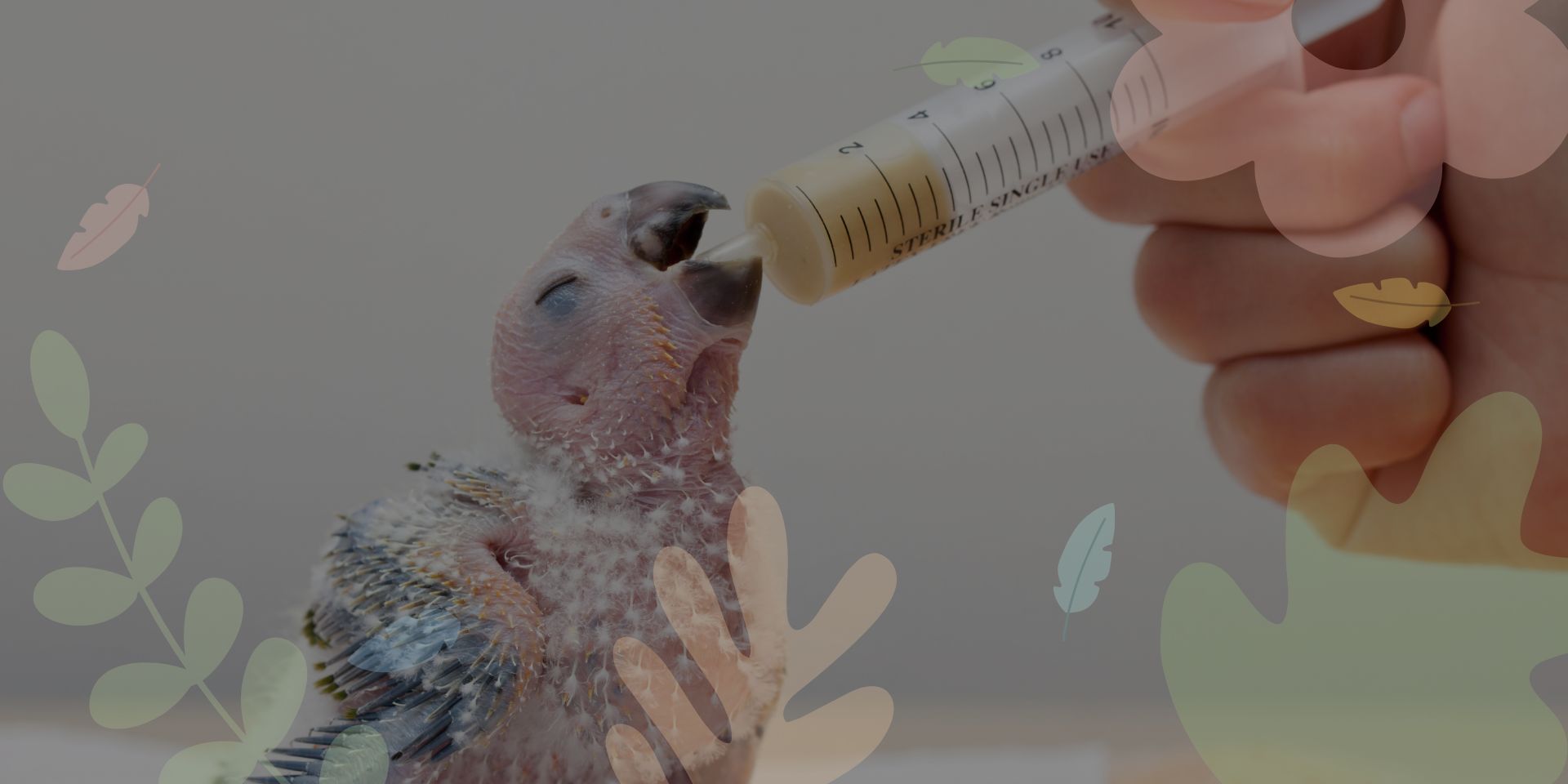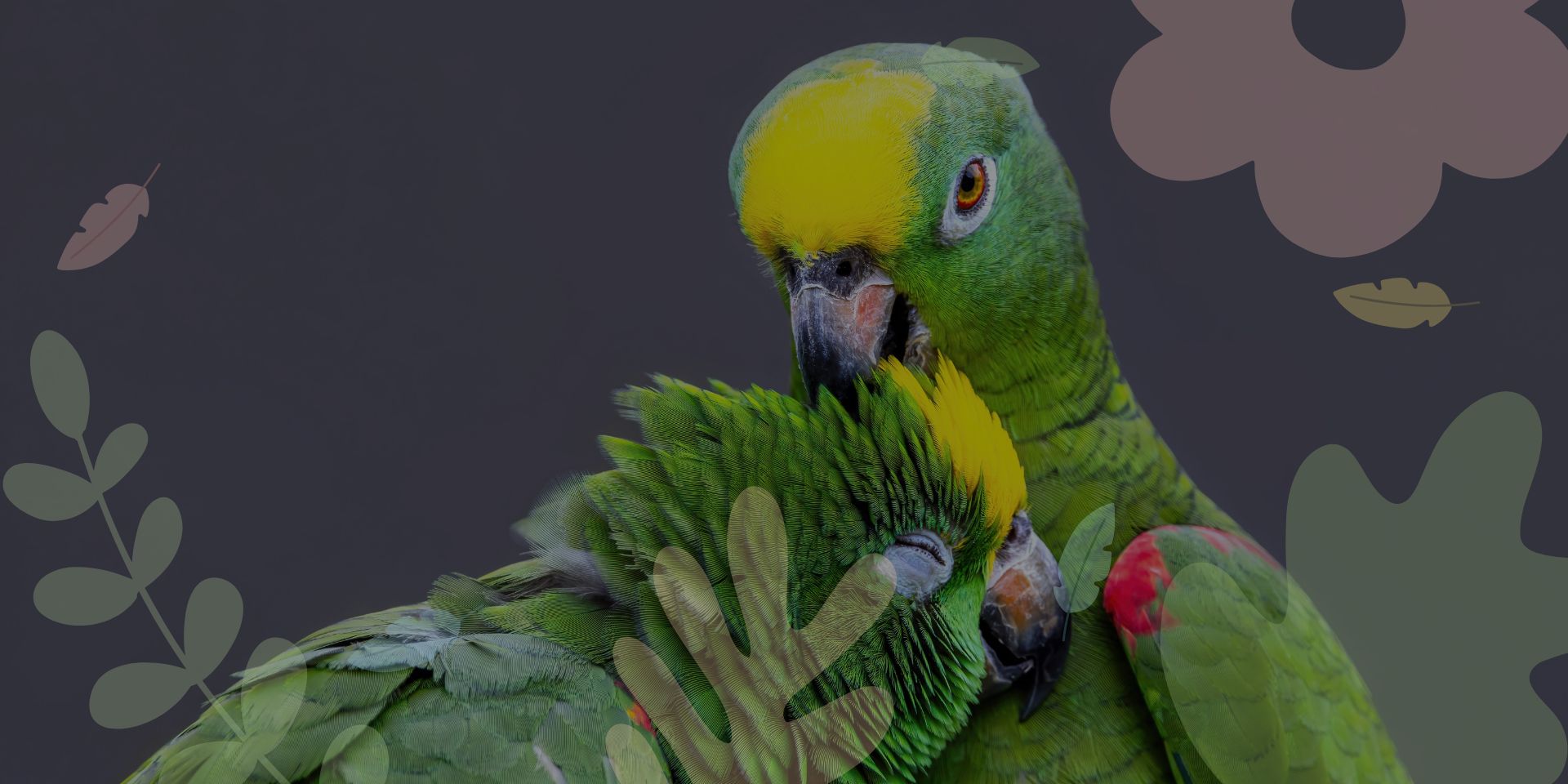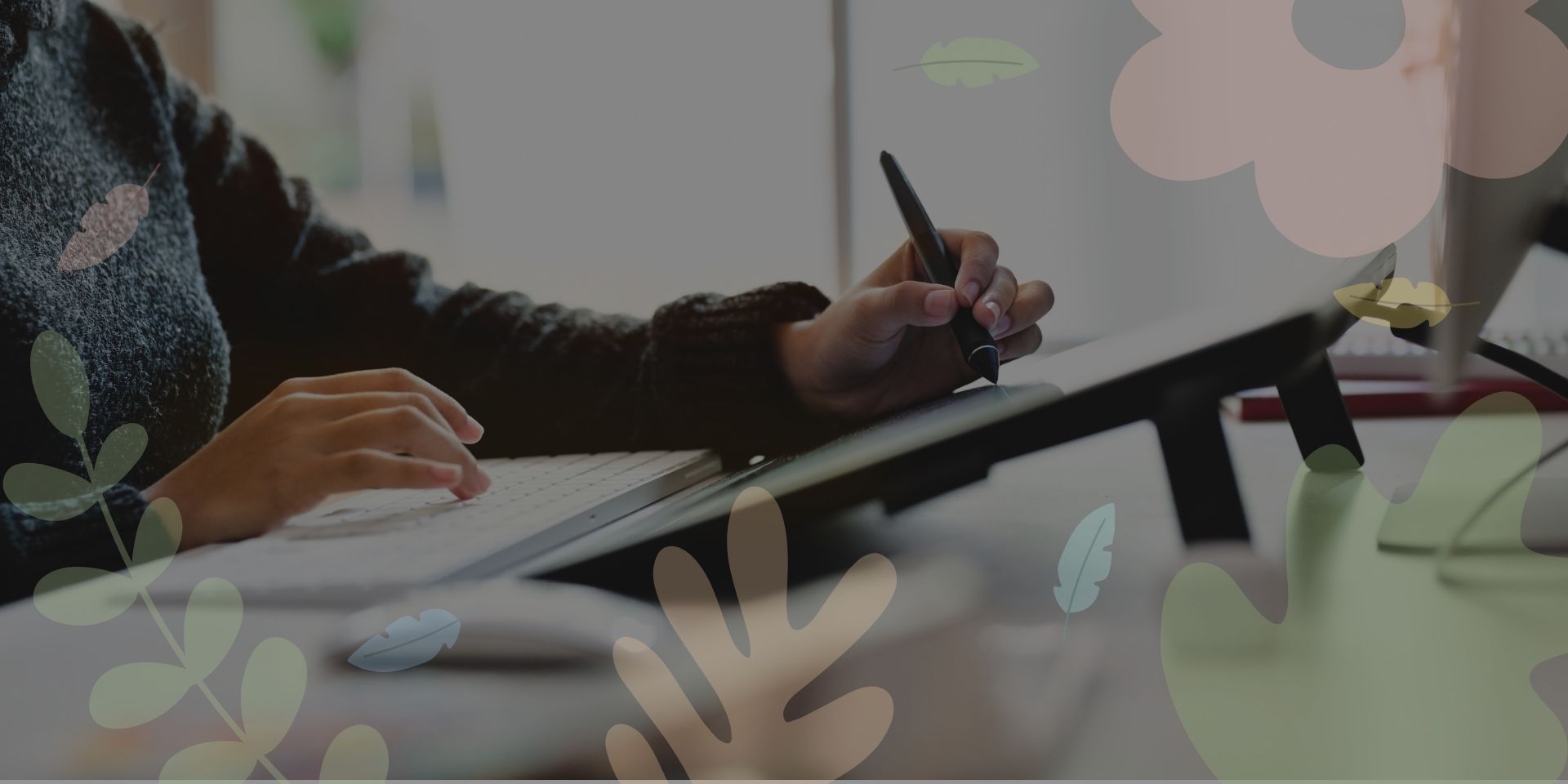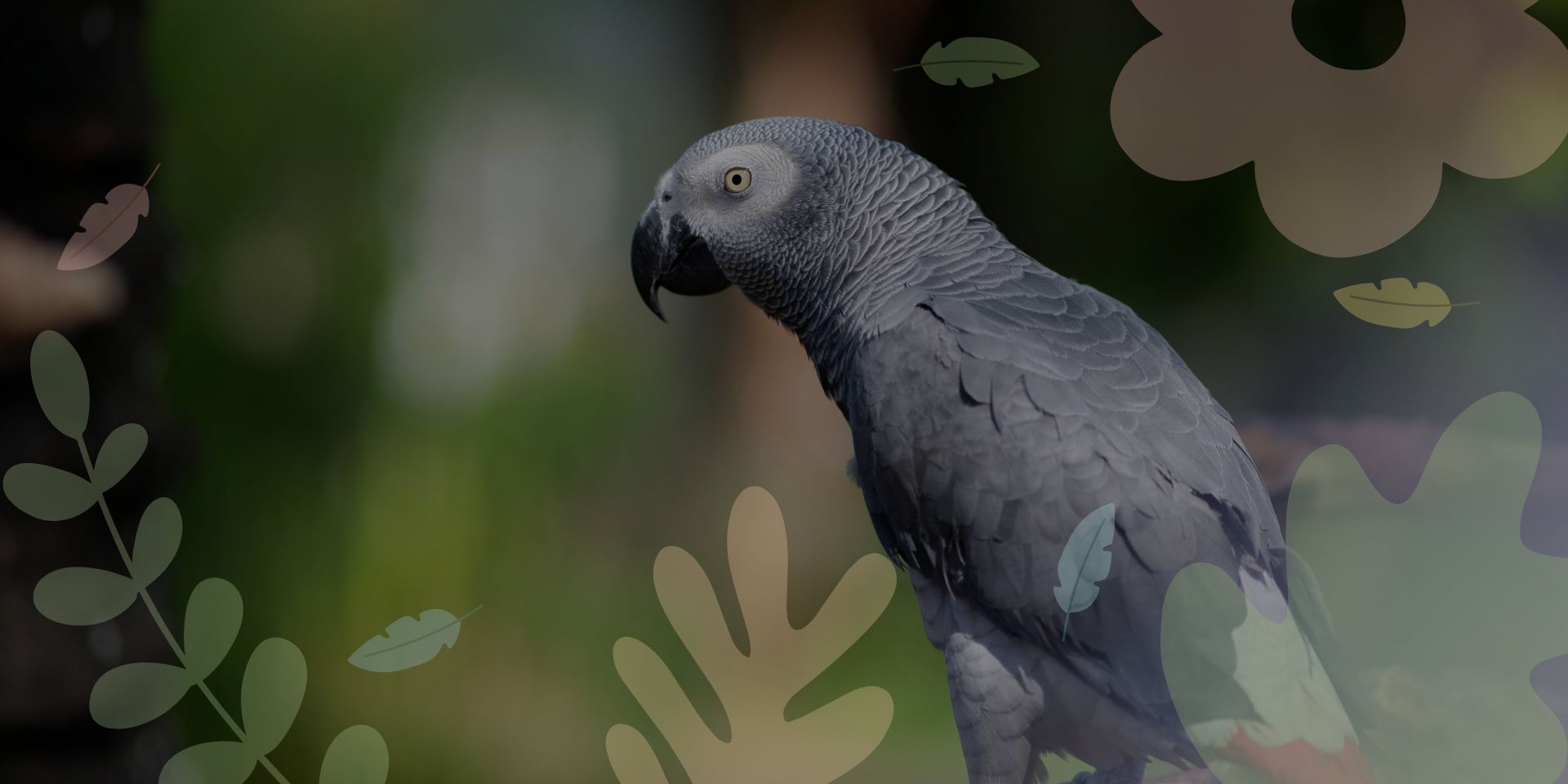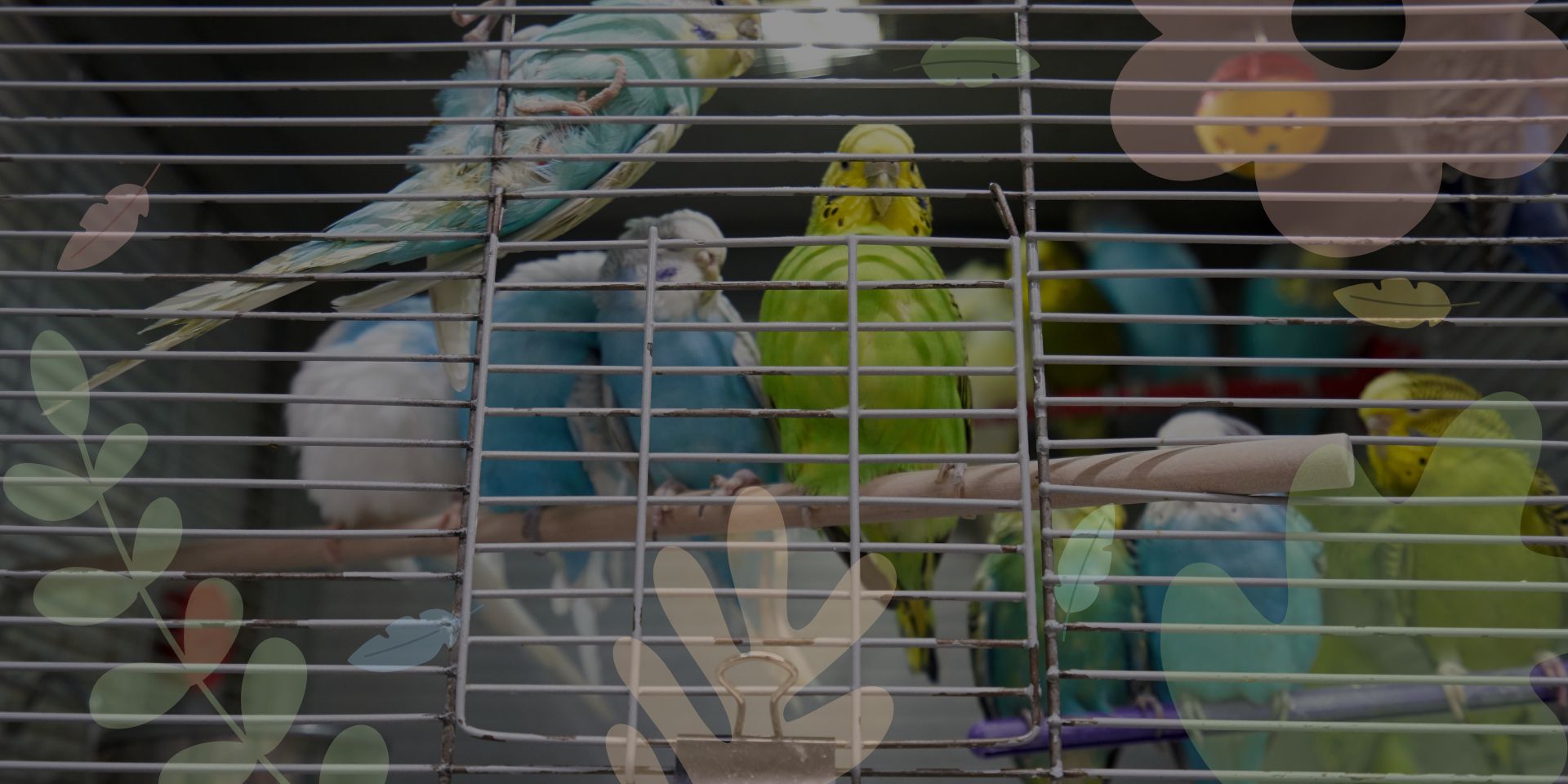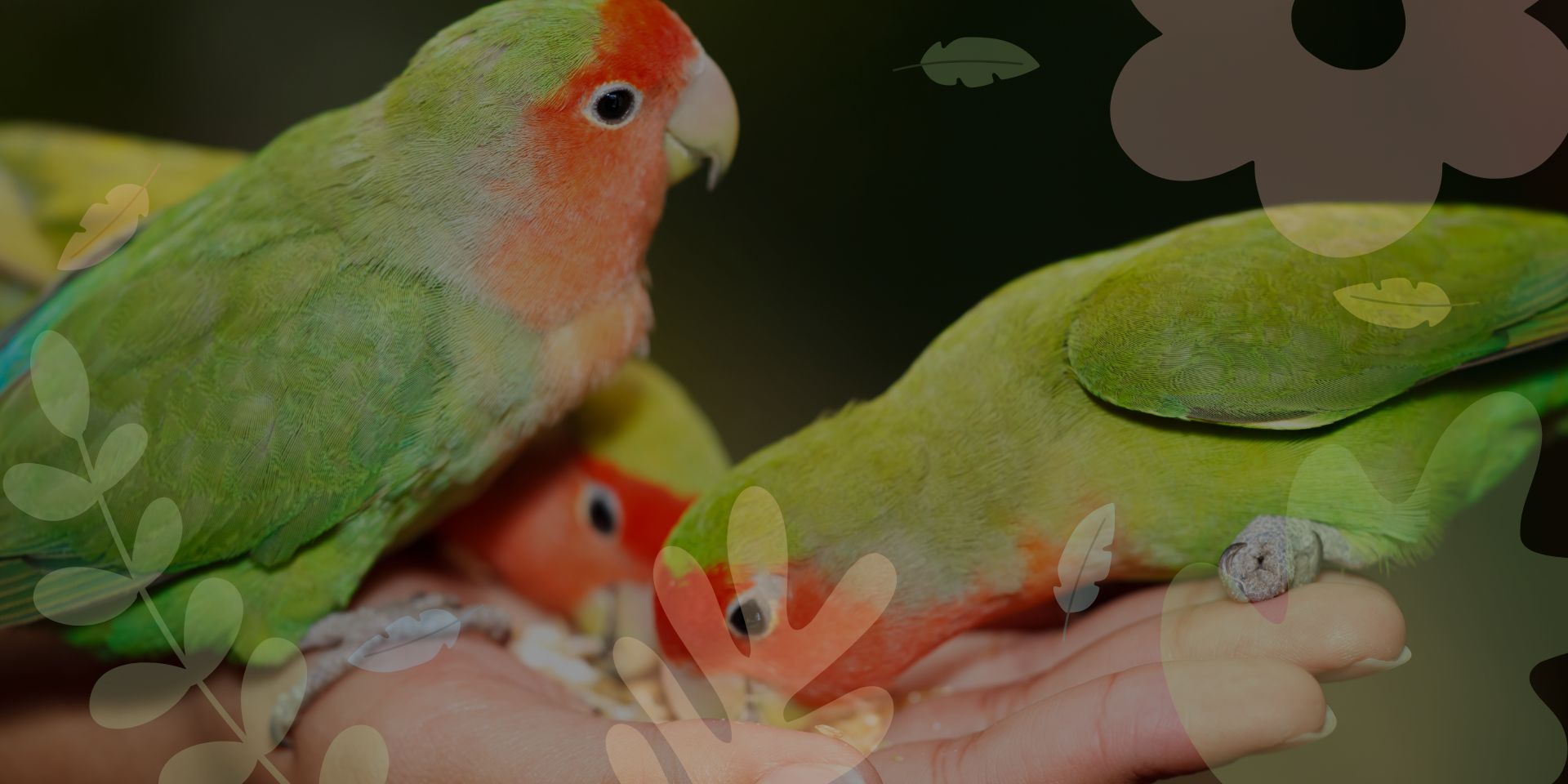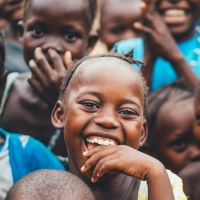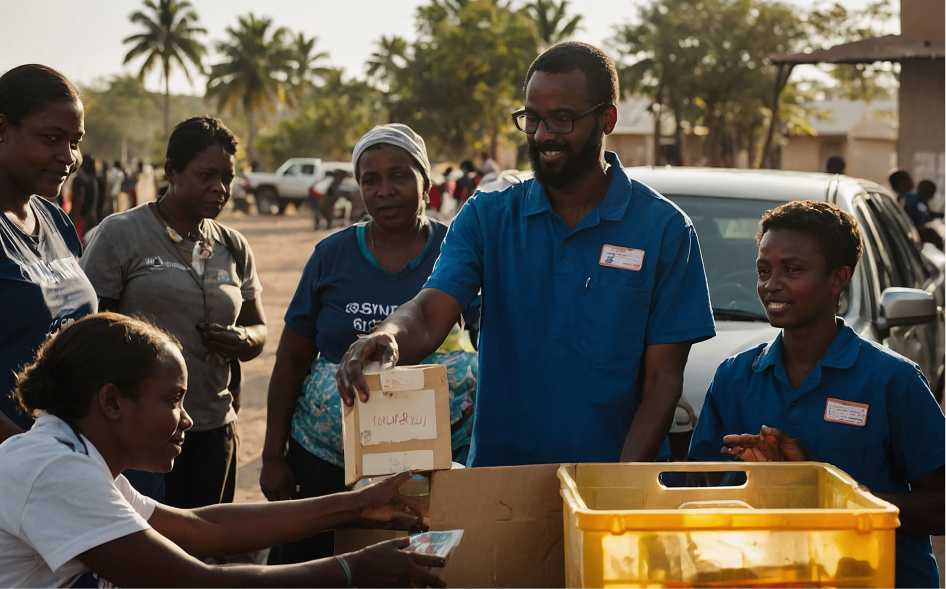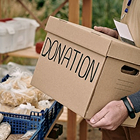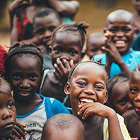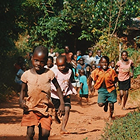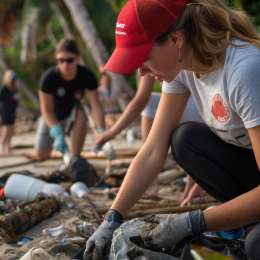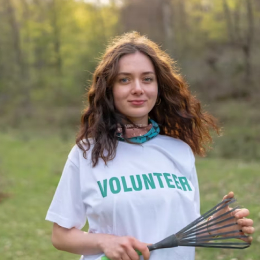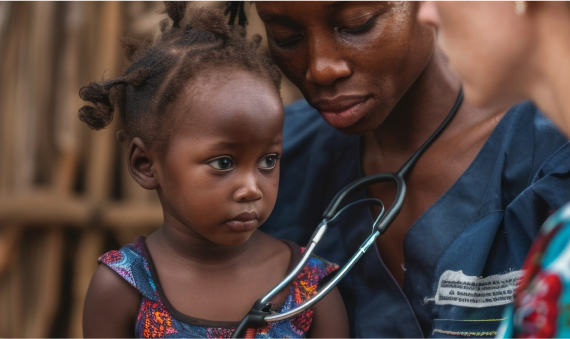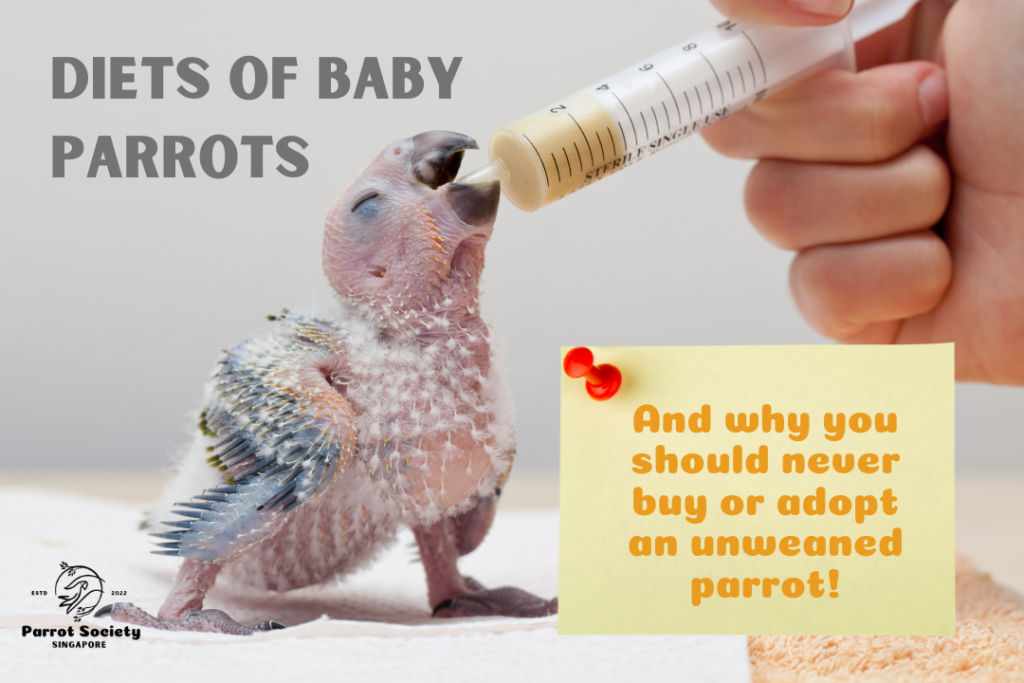
Baby parrots, or chicks, require a specialized diet as they grow. In the wild, their parents feed them pre-digested food, which provides essential nutrients for their development. For hand-reared parrots, a high-quality, species-appropriate formula must be used during their early stages of life.
Feeding Baby Parrots (Unweaned):
- Hand-Feeding Formula: Use a commercial parrot hand-feeding formula, mixed to the correct consistency and served at the appropriate temperature.
- Gradual Introduction of Solid Foods: As they grow, begin introducing soft, easy-to-digest foods such as mashed fruits, steamed vegetables, and softened grains.
Transitioning to Solid Food (Weaning):
- Fresh Foods: Once they start self-feeding, offer a variety of fresh fruits, vegetables, and grains to encourage healthy eating habits.
- Species-Specific Needs: Ensure the diet matches the nutritional requirements of the parrot species.
The Importance of Proper Weaning
In an ideal world, no parrot would be sold or rehomed before it is fully weaned. Proper weaning is a critical developmental stage, where a young parrot learns to eat solid foods and gains the physical and emotional maturity needed to thrive. Unfortunately, in Singapore and many other countries, unweaned parrots are still frequently sold.
Why Complete Weaning Matters:
- Health and Nutrition: Baby parrots require precise feeding schedules and correct nutrition. Improper feeding by an inexperienced owner can lead to malnutrition, crop burn, or even death.
- Behavioral Development: The weaning process is when parrots learn essential skills, including how to eat independently and explore a variety of foods. Interrupting this stage can result in stress and long-term behavioral issues.
- Bonding and Socialization: During weaning, parrots naturally learn confidence and adapt to their environment. Being rehomed too early can cause unnecessary anxiety.
“…handfeeding should only be done by experienced people as mistakes can often be fatal. Of course, there are times whereby own birds breed and some chicks are malnourished/sick.. That’s when handfeeding has to come in then.”
— Quoted from Dr Neo, Sora Vet
Why Parrots Should Be Weaned Before Being Sold
Purchasing unweaned parrots can put immense pressure on new owners, as hand-rearing requires advanced knowledge, time, and experience. Ensuring that parrots are fully weaned before going to their permanent homes benefits both the bird and the owner:
- For the bird: It ensures the parrot has a strong foundation of health and socialization before adapting to a new environment.
- For the owner: It allows the owner to focus on bonding with their parrot rather than worrying about the complexities of feeding schedules and formula preparation.
Responsible breeders and sellers understand the importance of this process and prioritize the well-being of the parrot above all else. Advocating for education and awareness about the needs of baby parrots can help ensure better standards for these intelligent and sensitive animals.
Prospective bird owners are encouraged to research and support responsible breeders or adoption practices that prioritize the welfare of the bird, avoiding unethical breeding and sales of unweaned parrots. No matter what is considered common practice in Singapore, choosing ethical sources sends a powerful message against practices that compromise the well-being of these intelligent, sensitive animals.
Other References
Read more about the importance of proper weaning before purchase:
- Buying Unweaned Parrots – Florida Bird Breeders
- Why You Should Never Take A Bird Home Before It Is Fully Weaned – Bird Tricks
- Sale of Unweaned Baby Birds – Avian Welfare Coalition
- Sale of unweaned altricial birds – Australian Veterinary Association
- Problems of buying an unweaned bird – Currumbin Vet Services


